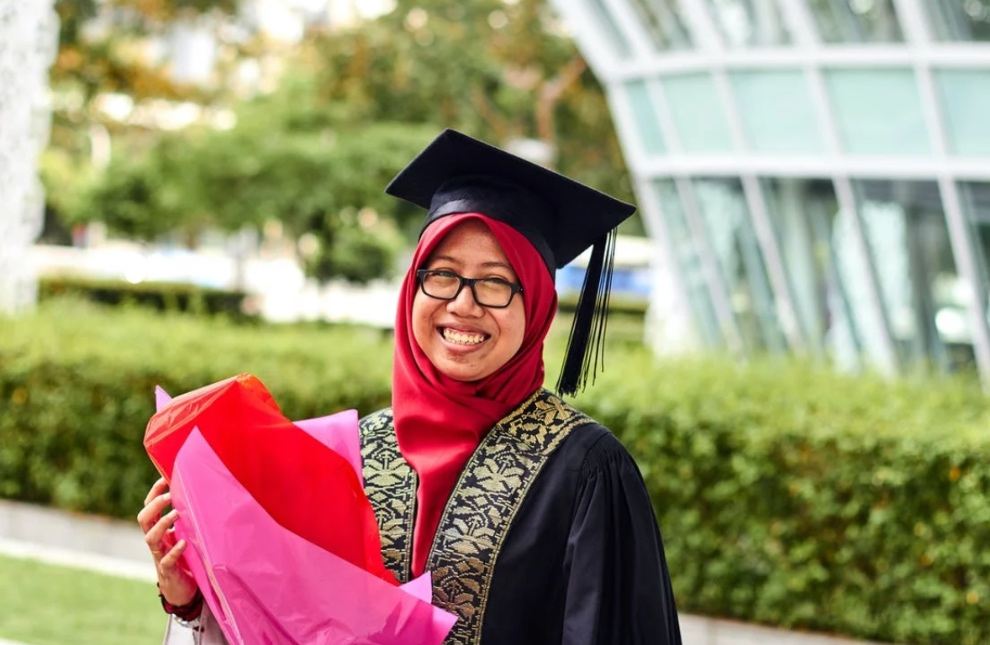
Duration of Masters Programs in Singapore: The Ultimate Guide
Masters programs are post-graduate programs that can be taken after you complete your undergraduate degree. They are designed to build on the knowledge and skills gained during your undergraduate studies, allowing you to further specialize in a given field of study.
These programs can be done as either an advanced extension of your bachelor’s degree or as a standalone qualification. Since they are more in-depth and specialized than a standard undergraduate course, master's programs are longer, typically lasting between one and two years. As such, the cost of studying for a master’s degree is higher than for an undergraduate program.
Duration of Masters Programs in Singapore
The duration of masters programs in Singapore can vary depending on the type of degree and the program. However, a lot of programs have minimum requirements. For example, in order to complete one semester of coursework as part of a Bachelor's degree, you need at least 3 years. On the other hand, to complete 2-3 semesters as part of a Master's degree takes longer; typically between 4 and 5 years.
However, note that these are minimums; there is no rule that says your master's must take longer than 6 years (in fact most programs start later). In reality, most people spend anywhere between 4-6 years in their program of choice before finishing.
Still, the minimum requirements will help you gauge how much time to budget and how long you should think about your program.
Generally speaking, master's programs in Singapore will take between one and two years to complete.
Length of Masters Programs in Singapore
There are many factors that affect the length of your master's program in Singapore, including your experience and desired level of education. Each program will have different requirements, so we suggest you do some research on your program to see what you need to do.
Knowing the time it will take to complete your master's degree is a good thing as it allows you to budget for the cost of studying. Also, as in undergraduate studies, it allows you to plan accordingly and not face a very stressful time during your last year of study.
The time required for completing a Master's Degree in Singapore varies depending on:
The total workload of students (number) enrolled in each program. A total number of students receiving each type of Master's Degree/coursework. Length of program duration (amount of courses and years taken). Students' level of academic achievement (Bachelors compared with other degrees).
Costs of Studying for a Masters's Degree
As we discussed above, the cost of studying for a master's degree is higher than in undergraduate programs. There are many factors that affect the cost of study in Singapore as listed below:
Tuition fees (billed per semester or academic year). Living costs (including rent, food, etc.). Students' financial status. Students' savings from previous jobs and/or academic scholarship(s).
Usually, the total tuition fee for a master's degree program in Singapore is S$1,000-4,000 depending on the course being taken. The costs you will incur each semester depend on your living requirements such as food and transportation costs.
Note that living expenses in Singapore are quite high. In fact, the total cost of living can be over S$2,500 a month depending on where you choose to live in the country.

From your savings (or any scholarship(s) you have), you will have to determine how much you have left to spend on your course material and other studies-related expenses.
In Singapore, most schools offer a variety of payment plans for people who need financial aid in order to complete their program of choice. Depending on your financial position and scholarship status, the school will work with you to come up with a payment plan that will allow you to afford the program and study without undue expense or stress.
If you want to study for a master's degree, be sure to consider the length of time and cost of studying for your program. This will help you plan and budget for the cost of study and ensure you're able to afford it.











